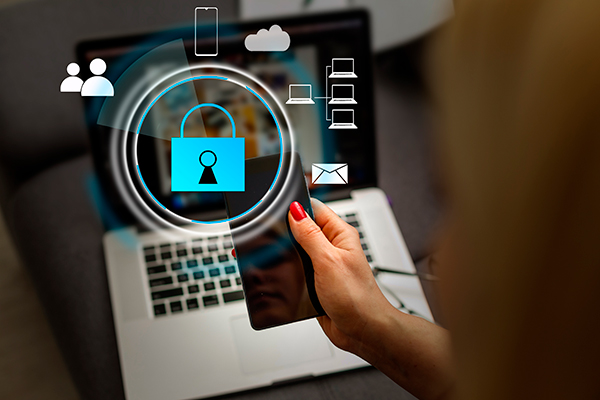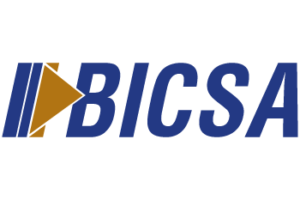Common Frauds
Social Engineering
Social engineering is a psychological manipulation of people to perform actions or disclose confidential information. The attackers focus on creating a good pretext, or an invented scenario, that they can use to try to steal the personal information of their victims. Social engineering can occur in person-to-person conversations, telephone conversations, email exchanges or social media promotions.
We recommend that you never disclose and / or share your confidential information. Remember that BICSA will never ask you by phone or email or social networks; the information regarding your password, user, token or your confidential information.
Phishing
The objective of Phishing or identity fraud is to acquire confidential information in a fraudulent manner. It commonly begins with the receipt of a phony email that takes the person to a clone of a legitimate website, in this way allowing for the disclosure of personal and confidential information that is then used to commit fraud.
You can identify this type of email as follows:
-
The email urgently asks for confidential information about your bank accounts or online baking access information.
-
The email could be about a special deal or to inform you that you have won a prize and asks you to input personal information.
-
The body or subject line of the email may contain obvious and numerous spelling errors.
We recommend that you never provide confidential information through email. To gain access to BICSA’s Online Banking, type in www.bicsa.com into your browser’s address bar.
Pharming
Pharming is a type of cyber-fraud that commonly occurs when the computer is infected with a harmful “trojan horse” program or virus that takes it to a false website, with the objective of stealing the victim’s confidential information. This type of fraud occurs when downloading images or programs linked to a fraudulent email, or when downloading files or images from internet pages belonging to unknown sources.
It is an online crime that usually occurs when a user’s computer is infected by a malicious program termed a “trojan horse or virus” that takes the user from a bank’s website to a fraudulent website to steal confidential information and allow for the commission of fraud.
We recommend that you do not download files or images from unknown sources on the internet and to keep your computer’s anti-virus software updated.
Malware
Malware is a software designed to interfere with the normal operation of a computer and usually its user does not realize what is happening because it runs in hidden mode. Malware is short for (Malicious Software).
Among the symptoms that can show the presence of malware on your computer are:
-
Slow speeds of the computer or web browser.
-
Strange files or programs, or desktop icons appear.
-
Programs that run, shut down or reconfigure themselves.
-
Strange computer behavior, freezing, blocking, etc.
-
Emails / messages that are sent automatically and without the knowledge of the email owner/sender.
BICSA recommends the following measures to prevent malware:
-
Keep your computer with updated antivirus program and personal firewall enabled.
-
Regular updates of the operating system and other application software installed on your computer.
-
Back up your information constantly. Periodically test that backups work.




